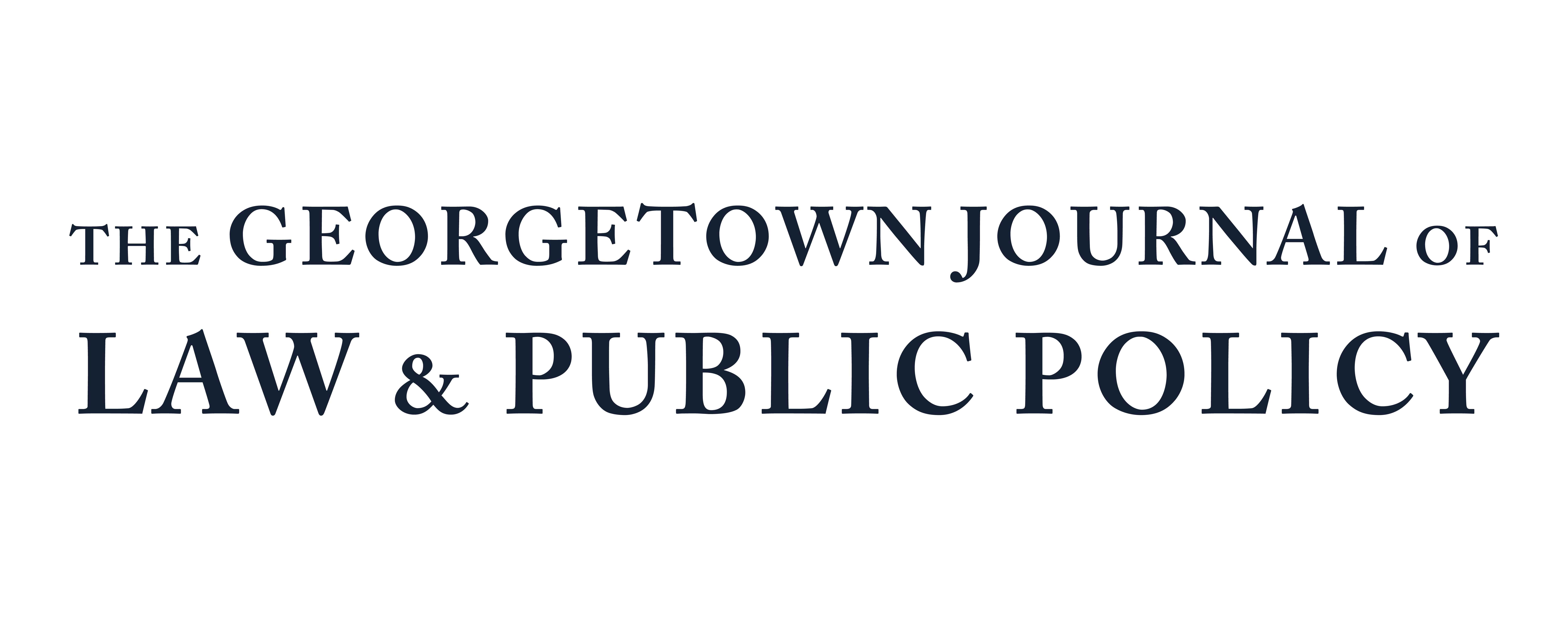Federal Versus State Antitrust Enforcement: Furthering Competition Through Cooperation
The modern scheme of antitrust enforcement frequently involves cooperation between state governments and federal agencies—namely the Federal Trade Commission (“FTC”) and the Antitrust Division of the Department of Justice (“DOJ”). This is an area of active interest, since widely covered multistate anti-trust actions against Big Tech companies, like Google and Facebook, remain ongoing. While some characterize dual actions as “a prime example of ‘cooperative federalism[,]’” others have raised concerns about state cartelization in anti-trust enforcement, judicial economy, and states’ antitrust enforcement interfering with the federal scheme.
This paper argues that the former positive framing of “cooperative federalism” is correct. To understand why this is the case, this paper first examines how federal and state coordination in merger investigations proceeds and what happens when there is disagreement among enforcers over a merger settlement. It then delves into the Sherman Act and its legislative history, concerns about dual- tiered antitrust enforcement, and how the regulatory framework of antitrust and the judiciary tempers those worries. This analysis discusses legislative history at length, seeking to understand how it informs modern conceptions of cooperative enforcement among the federal and state governments.
Continue reading Federal Versus State Antitrust Enforcement: Furthering Competition Through Cooperation

